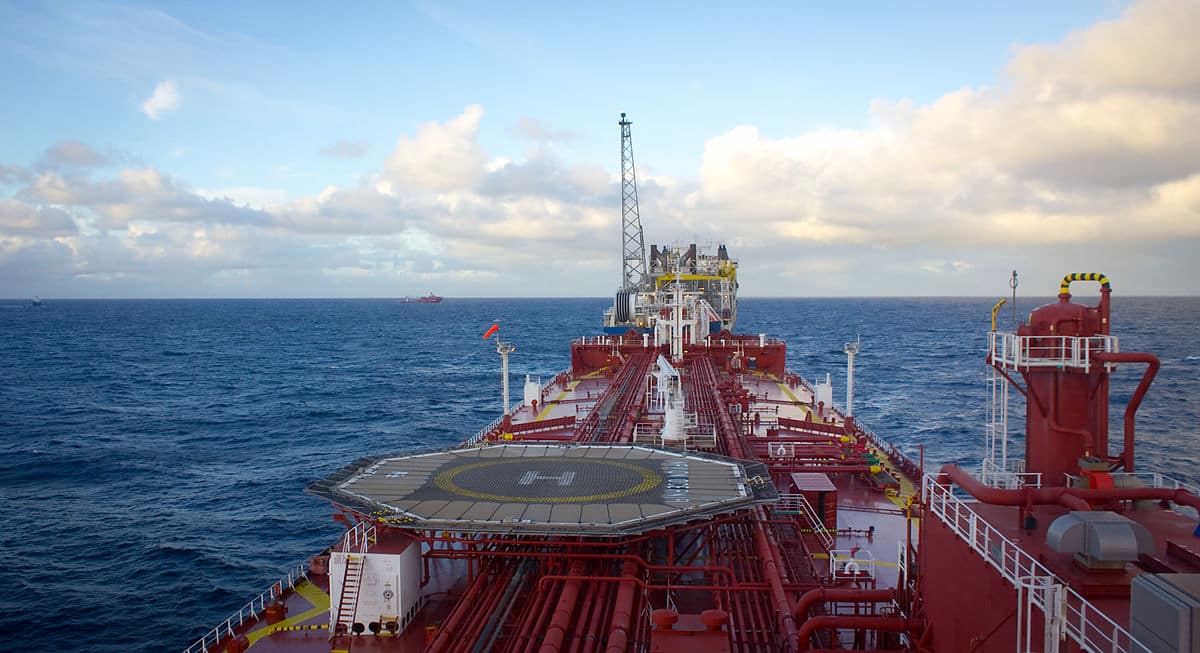

Greece has advised its merchant shipping fleet to avoid sailing through the Gulf of Aden and to log all voyages through the Strait of Hormuz following Israel’s attacks on Iran, documents seen by Reuters showed.
Greek ship owners were urged to send details of their vessels sailing through the Strait of Hormuz to Greece’s maritime ministry, according to one of the documents issued by Greece’s shipping association, which was sent on Friday.
“Due to developments in the Middle East and the escalation of military actions in the wider region, the (Greek) Ministry of Shipping … urgently calls on shipping companies to send … the details of Greek-owned ships that are sailing in the maritime area of the Strait of Hormuz,” the document said.
All UK-flagged vessels, which include the Gibraltar, Bermuda and Isle of Man ‘red ensign’ registries, were also advised to avoid sailing through the southern Red Sea and the Gulf of Aden, a separate document issued by the UK’s transport ministry said.
If sailing through those areas, vessels must adhere to their highest level of security measures and limit the number of crew on deck during voyages, said the advisory, seen by Reuters.
The European Union’s naval mission in the Red Sea, Aspides, is continuing operations as normal but is monitoring developments in the region, an Aspides official told Reuters.
Iran has in the past threatened to close the critical Strait of Hormuz to traffic in retaliation for Western pressure. Analysts have said that any closure of the Strait could restrict trade and impact global oil prices.
Oil prices jumped over $5 on Friday to multi-month highs after Israel launched strikes against Iran, sparking Iranian retaliation and raising worries about a disruption in Middle East oil supplies.
Brent crude futures were up $5.25, or around 7.6 percent, to $74.61 a barrel at 1215 GMT, after hitting an intraday high of $78.50, the highest since January 27.
The National Iranian Oil Refining and Distribution Company said oil refining and storage facilities had not been damaged and continued to operate.
Reuters says that the primary concern was whether the latest developments would affect the Strait of Hormuz. About a fifth of the world’s total oil consumption passes through the strait, or some 18 to 19 million barrels per day (bpd) of oil, condensate and fuel.
Meanwhile, US stock futures fell, sending investors retreating to traditional safe-haven investments like gold. Dow futures dropped 1.3 percent, or over 540 points. S&P 500 futures and Nasdaq Composite futures were down even more, by 1.4 percent and 1.6 percent, respectively. Meanwhile, gold rose about 1 percent to $3,413.6 per troy ounce.
Related: Greece Holds Emergency Security Meeting After Israel Attack on Iran
